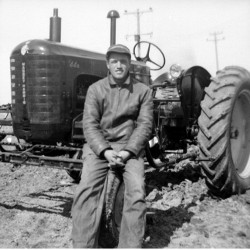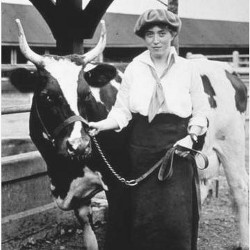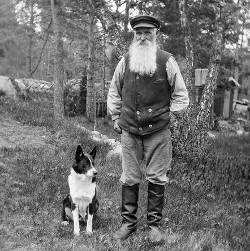We are very excited to announce that the month of July here at The Small Business Fairy will be especially dedicated to farming. We will be sharing tips and tricks this month on starting your own off-farming enterprise, so keep your eyes peeled!
This year has been particularly rough for the agricultural industry. Not only here in western Europe, but worldwide. We saw an extended winter followed by a very mixed summer; some regions experiencing very dry conditions, and in others, disastrous levels of flooding. Not to mention on top of that, fodder issues and equine DNA controversy, so it’s no wonder we’ve seen the steady trend in off-farm enterprises increase in popularity.

More and more people in farming are becoming creative with their income. It is after all survival of the fittest. The figures are groundbreaking as off-farm employment is starting to make a considerable contribution of a farm’s income. Farming families have embraced the tourism industry and set up B&B’s, animal visiting centre’s, workshops and even branching into the organic wool and knitwear industries – basically, making the most of what they’ve got. Let’s face it – something we’re all doing these days! Farmers are also taking on unusual or less-than-typical livestock and agriculture to compete with outside resources The options have been endless.
For those of you looking to take this step into the off-farming enterprise, there is great help available across the British Isles for just this. Throughout England, support can be found through Defra (the Department for Environment, Food and Rural Affairs). Defra are responsible for the regulations and policies on safeguarding the health and welfare of livestock, issues within the agriculture community, and environmental protection within the farming and off-farming sector, to name but a few.

Similarly, in Scotland there is the Scottish Department of Agriculture which provides equal opportunities to the Scottish rural communities and is looking to increase the available off-farming enterprises across the country. With the high land-to-people ratio, farming is one of the top industries in Scotland, and where there are farming opportunities, there are equal shares of off-farming.
Ireland have two great resources found in Teagasc (the Irish Agriculture and Food Development Authority) and the IFA (the Irish Farmers Association).
Both the IFA and Teagasc are Ireland’s leading bodies in providing research, training and assistance to rural communities. Teagasc offer an informative spreadsheet stating the pro’s and con’s of starting your own off-farming enterprise to help you get your mind around whether or not it is something that would work for your family. You can check out their very helpful appraisal worksheet here.

These are a great set of resources which are readily made available for the farming sector. If you’re interested in contacting any of the above departments, or are curious to know more, please refer to the individual links provided above.
I’d like to conclude this post to say it’s also all about supporting your local producers. I know – this isn’t new information. Opting for a local brand over a cheaper, mass produced product from hundreds of miles away is not only helping your community, but also decreasing your carbon footprint. Buying that product from hundreds of miles away has to be transported by boat, plane and truck for days before reaching your shelves, which is something not a lot of us think about. So let’s start thinking more about our local farmers and rural entrepreneurs. Let’s work on keeping it local.


